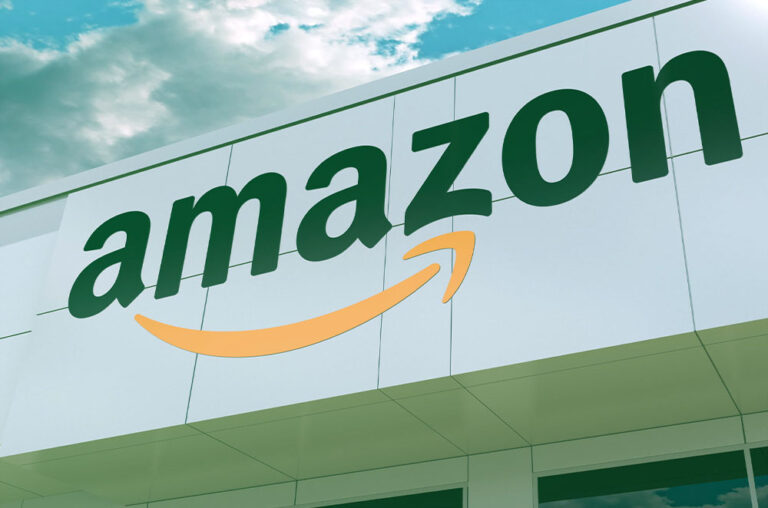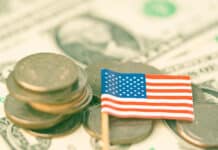
Online shopping giant Amazon has launched its largest ever bond deal to take advantage of cheap borrowing costs despite its significant cash position.
The US$18.5bn, eight-part deal surpasses its 2017 deal to fund its acquisition of Whole Foods and is more than its $US10 billion 2020 issue for general corporate purposes.
The Australian Financial Review reports the longest portion, a 40-year security, will yield 95 basis points over Treasuries, according to people with knowledge of the matter.
Fitch Ratings has assigned an ‘A+’ rating to unsecured note issuance. Fitch expects proceeds to be used for general corporate purposes, including funding recently increased capex levels as the company purchases equipment previously funded through capital lease arrangements.
“As such, the issuance is expected to be leverage neutral over time as existing finance leases roll off and are not replaced,” Fitch noted in the report.
Amazon grew sales by 44% year over year on the back of more customer orders amid the pandemic. Despite the growth in sales, Amazon still issued the US$18.5bn bond deal.
Also read: Is Now The Time To Look At Corporate Bonds To Boost Returns?
“Amazon’s strategic foresight and strong execution have yielded leading market shares in e-commerce and cloud computing,” a statement by Fitch said.
“The company’s innovations provided customers greater comfort in making online purchases but also forged a path of capabilities that others have strived to emulate.
“Amazon Web Services (AWS), which grew out of Amazon’s internal efforts to service its growing online retail business, has similarly helped to establish the cloud computing industry offerings.
“The company’s success has led to exponential growth in its EBITDA, FCF and cash position. In 2020, the company generated $48 billion of Fitch-defined EBITDA, and $17 billion of FCF after $40 billion (or 10% of sales) of capex. The company ended 2020 with $72 billion of Fitch-defined cash and equivalents.”






























